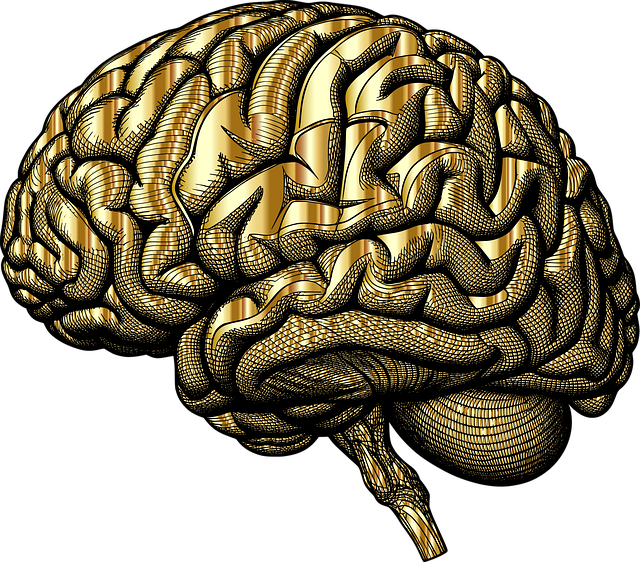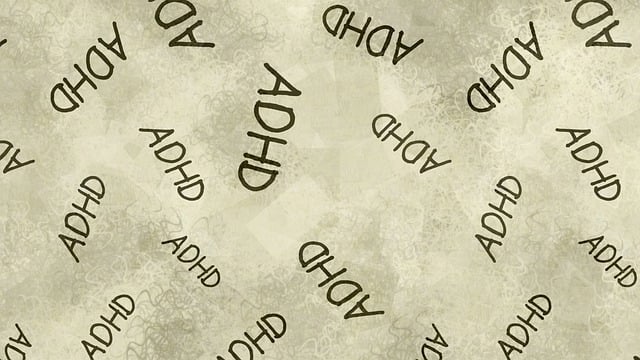Littleton International Adoptions Therapy (LIAT) specializes in empowering individuals and families through international adoption, addressing trauma, attachment issues, and cultural adjustments. Their holistic approach focuses on developing strong coping skills, building mental fortitude, and fostering long-term emotional healing. By integrating evidence-based practices, cultural understanding, and self-awareness, LIAT equips clients with tools to manage stress, emotions, and systemic barriers, enabling them to thrive in a dynamic world.
Coping skills are essential for navigating life’s challenges and stress. This article explores the development of coping strategies, emphasizing their significance in emotional well-being. We delve into the role of Littleton International Adoptions Therapy as a proven approach to enhancing these skills. By understanding personal coping mechanisms and integrating effective techniques into daily life, individuals can build resilience. Key sections cover identifying individual strategies, leveraging therapy for growth, and seamlessly incorporating healthy coping habits into everyday routines.
- Understanding Coping Skills and Their Significance
- The Role of Littleton International Adoptions Therapy in Development
- Identifying Personal Coping Strategies
- Building Resilience Through Effective Coping Techniques
- Integrating Coping Skills into Daily Life
Understanding Coping Skills and Their Significance

Coping skills are the strategies individuals use to navigate life’s challenges and maintain well-being. They play a pivotal role in mental health, serving as protective factors against stress, anxiety, and even depression. Effective coping mechanisms enable people to adapt to difficult situations, fostering resilience and inner strength development.
At Littleton International Adoptions Therapy, we recognize that teaching and reinforcing healthy coping skills is essential for the holistic well-being of our clients. Our therapy programs are designed to empower individuals with practical tools to manage emotions, reduce stress, and build mental fortitude. By integrating strategies from evidence-based practices, we aim to support not just symptom relief but also long-term mental health policy analysis and advocacy, ensuring our clients develop the inner strength needed to thrive in a dynamic world.
The Role of Littleton International Adoptions Therapy in Development

The Littleton International Adoptions Therapy (LIAT) plays a pivotal role in coping skills development for individuals navigating complex emotional landscapes. This therapeutic approach is specifically tailored to address the unique challenges faced by those involved in international adoptions, offering a safe space to process and overcome trauma, attachment issues, and cultural adjustments. By integrating evidence-based practices with a deep understanding of transracial adoption dynamics, LIAT fosters resilience and coping mechanisms that are both contextually sensitive and culturally affirming.
Through a comprehensive Mental Health Policy Analysis and Advocacy framework, LIAT empowers individuals and families to navigate systemic barriers and access appropriate support networks. By promoting effective Stress Management and Self-Care Practices, this therapy equips adoptives with the tools needed to thrive in their new environments while caring for their own mental well-being. Ultimately, LIAT’s holistic approach not only facilitates the adjustment process but also paves the way for long-term emotional healing and growth.
Identifying Personal Coping Strategies

Identifying Personal Coping Strategies is a crucial step in the journey towards emotional well-being, especially for those who have experienced complex trauma or challenging life events. At Littleton International Adoptions Therapy, we emphasize the importance of self-awareness and understanding one’s unique coping mechanisms. Through individualized therapy sessions, individuals are encouraged to explore and recognize their inherent resilience and adaptive behaviors. This process involves delving into personal experiences, emotions, and thoughts to identify strategies that have been instinctively employed in stressful situations.
Our therapists guide clients in navigating through a diverse range of coping skills development, focusing on both traditional and innovative methods. This includes fostering empathy building strategies, where individuals learn to connect with their feelings and understand the perspectives of others, which is a powerful tool for managing emotions and building supportive relationships. By integrating these insights into daily life, one can enhance overall mental health and resilience, ensuring better coping mechanisms in the long term, as supported by our comprehensive Mental Health Education Programs Design.
Building Resilience Through Effective Coping Techniques

Building resilience is a vital aspect of coping skills development, and effective techniques can significantly enhance one’s ability to navigate life’s challenges. At Littleton International Adoptions Therapy, we emphasize the importance of fostering emotional healing processes through various methods. By teaching individuals coping strategies tailored to their unique needs, we empower them to face stressors with greater fortitude.
The therapy sessions focus on integrating conflict resolution techniques into everyday life, enabling clients to manage disagreements and setbacks constructively. Additionally, promoting emotional well-being is at the core of our approach, as we believe this fosters adaptability and resilience. Through a comprehensive understanding of these processes, individuals can develop lasting skills that contribute to their overall mental wellness.
Integrating Coping Skills into Daily Life

Integrating coping skills into daily life is a crucial step for individuals looking to enhance their emotional resilience and overall well-being. At Littleton International Adoptions Therapy, we emphasize the importance of practical strategies that can be easily incorporated into one’s routine. By learning effective communication techniques, such as active listening and assertive expressing, individuals gain tools to navigate interpersonal interactions with confidence and clarity.
Moreover, cultivating emotional intelligence allows for a deeper understanding of oneself and others, fostering empathy and promoting healthy relationships. Mind Over Matter principles provide a framework for reframing negative thoughts and adopting positive perspectives, which can significantly impact stress reduction and mental health. Through these integrated approaches, individuals equipped with coping skills become better equipped to handle life’s challenges and embrace a more balanced and fulfilling life.
Coping skills development is a transformative process that empowers individuals to navigate life’s challenges with resilience. By understanding the significance of these skills and utilizing effective techniques, such as those offered by the Littleton International Adoptions Therapy, people can enhance their ability to handle stress and adversity. Identifying personal coping strategies and integrating them into daily life fosters a sense of control and well-being. Ultimately, building resilience through coping skills development is a powerful tool for personal growth and improved mental health.










